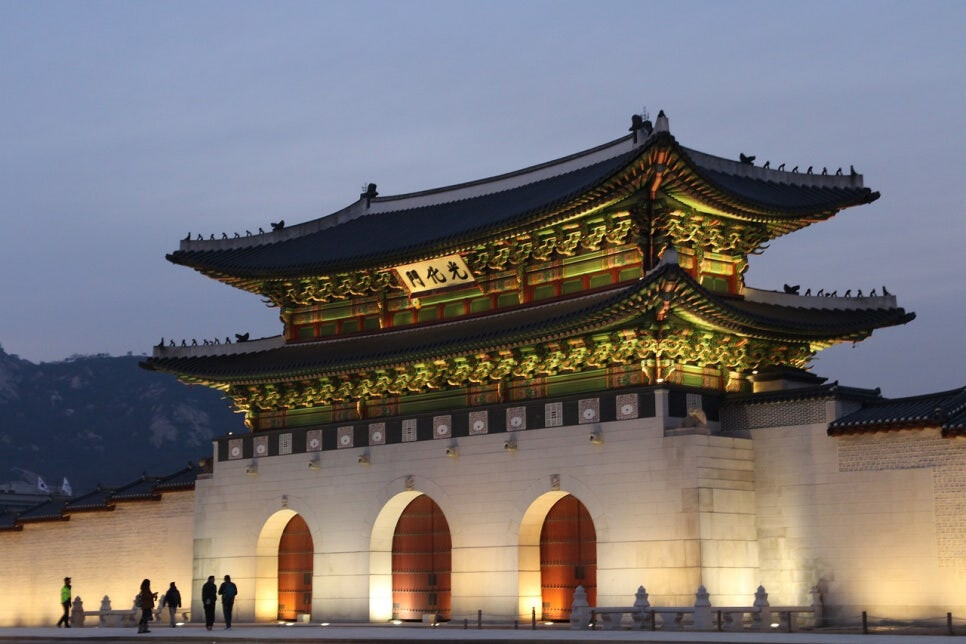
Gwanghwamun, the grand south gate of Gyeongbokgung Palace, stands as a testament to Korea's rich history and cultural heritage. Located in the heart of Seoul, this iconic landmark has served as a symbolic gateway to the Joseon Dynasty and continues to be a focal point for both locals and tourists alike.
A Historical Marvel
Constructed in 1395 under the reign of King Taejo, Gwanghwamun has undergone several reconstructions due to wars and natural disasters. Its name, meaning "Gate of Enlightened Governance," reflects the aspirations of the Joseon Dynasty to establish a just and enlightened kingdom. The gate has been a symbol of the Joseon Dynasty's power and authority and has witnessed countless historical events.
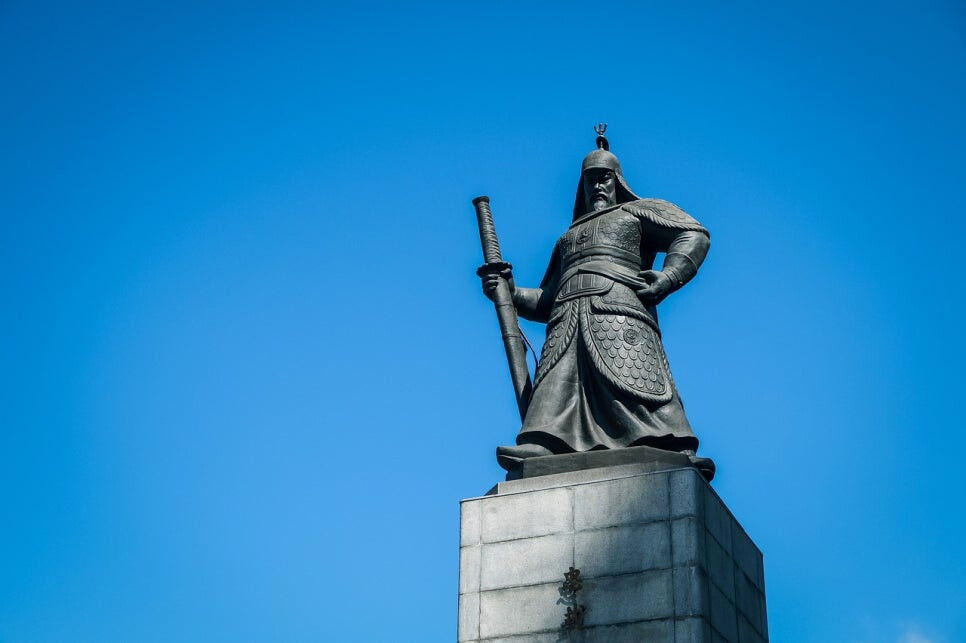
A Cultural Hub
Today, Gwanghwamun is more than just a historical site; it's a vibrant cultural hub. The surrounding area is home to numerous attractions, including:
Gyeongbokgung Palace: This majestic palace, once the seat of the Joseon Dynasty, offers visitors a glimpse into Korea's royal past.
Gwanghwamun Square: This spacious plaza is a popular gathering place for locals and tourists alike. It hosts various cultural events, festivals, and demonstrations.
Cheonggye Stream: A revitalized urban river that winds its way through the city, offering a serene escape from the hustle and bustle.
Seoul Plaza: Another large public square located near Gwanghwamun, hosting various events and festivals throughout the year.
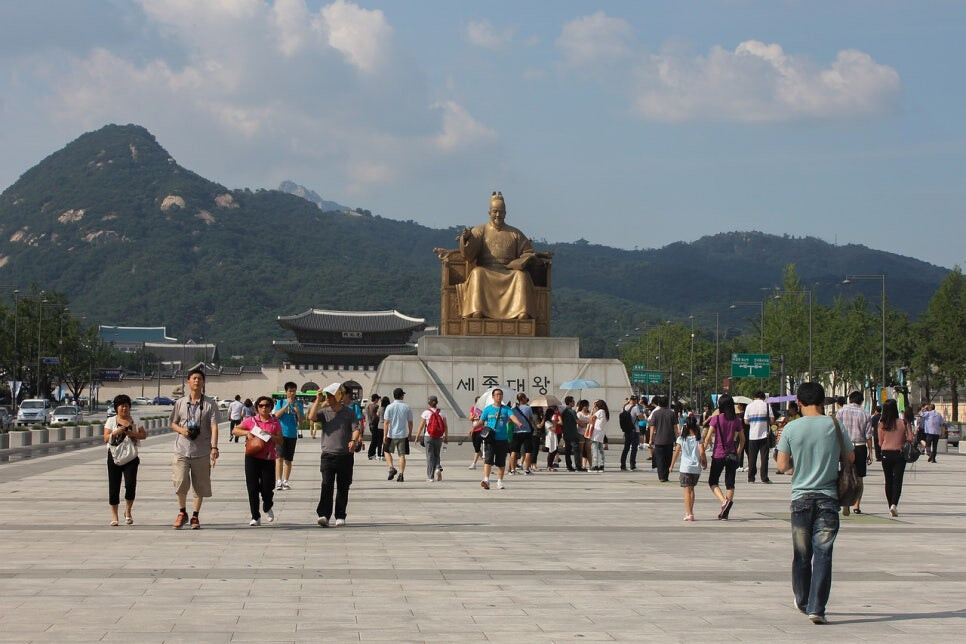
A Symbol of National Unity
Gwanghwamun has also become a symbol of national unity and pride. It was at Gwanghwamun where massive demonstrations took place during the democratic movements of the 1980s and 1990s. Today, it continues to be a place where people gather to express their hopes and aspirations for the nation.
Visiting Gwanghwamun
A visit to Gwanghwamun is a must for anyone interested in Korean history and culture. Visitors can explore the palace complex, wander through the nearby parks and gardens, or simply soak up the atmosphere of this historic site.
Key attractions near Gwanghwamun:
Sejong the Great Statue: A magnificent statue of the renowned Korean king who invented the Korean alphabet, Hangul.
National Folk Museum of Korea: This museum houses a vast collection of Korean folk artifacts.
Secret Garden: A beautiful traditional Korean garden located within Gyeongbokgung Palace.
Whether you're a history buff, a culture enthusiast, or simply looking for a memorable experience, Gwanghwamun offers something for everyone.
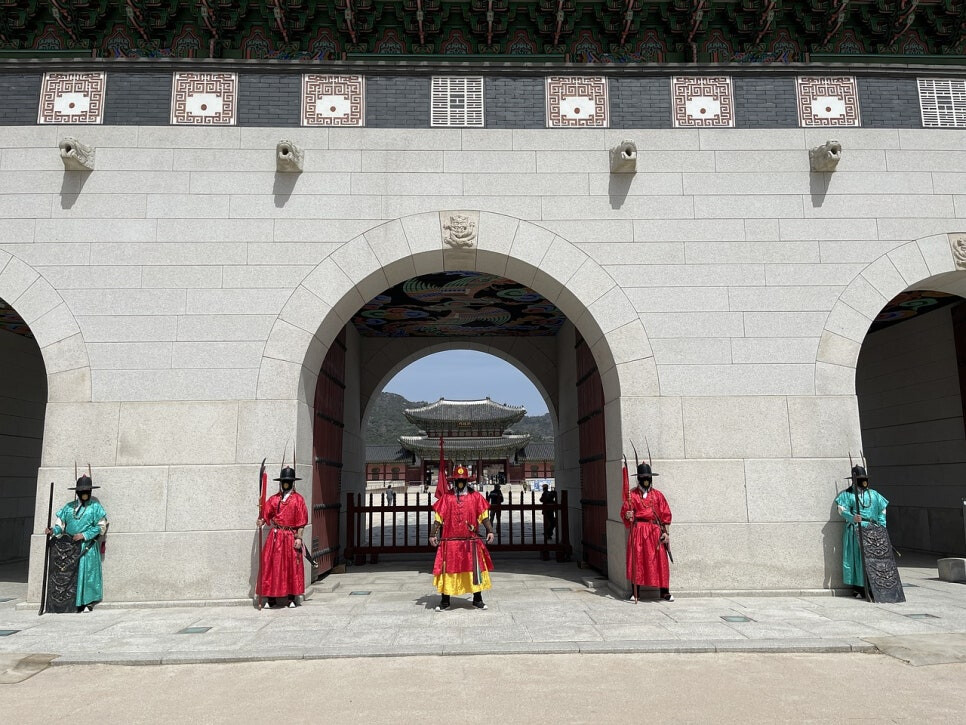
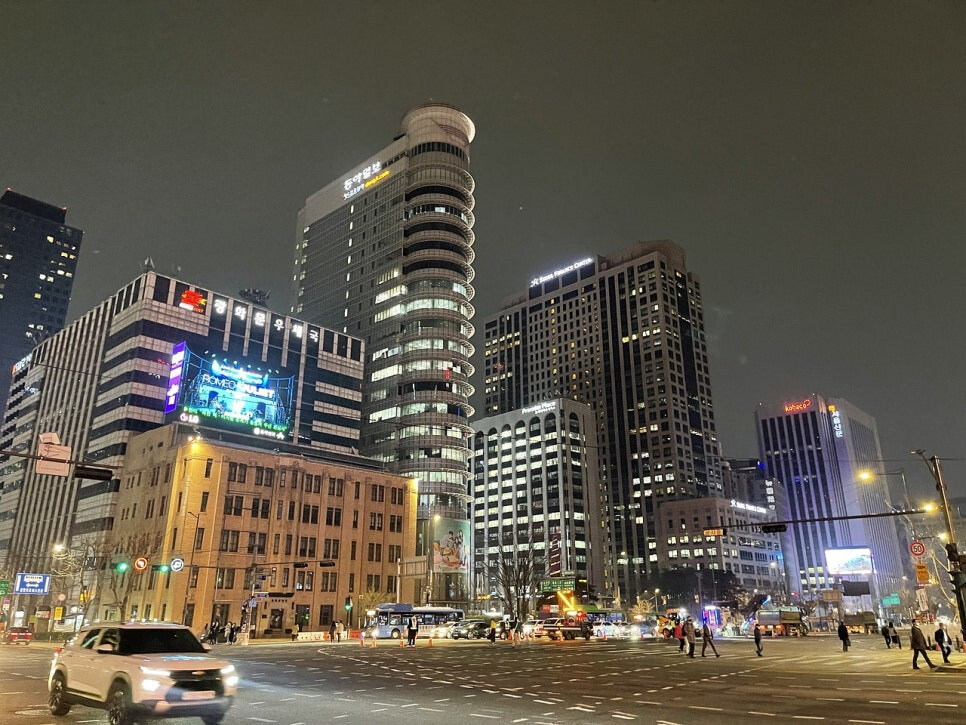
[Copyright (c) Global Economic Times. All Rights Reserved.]






























